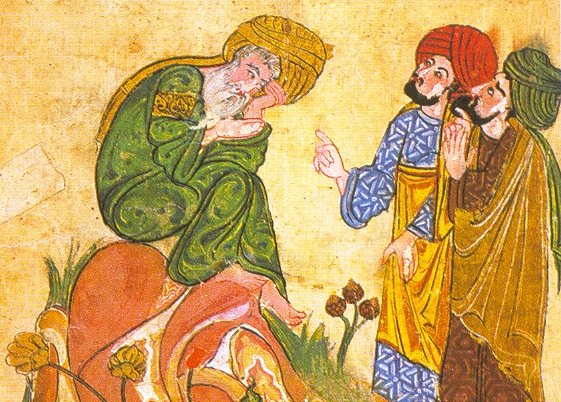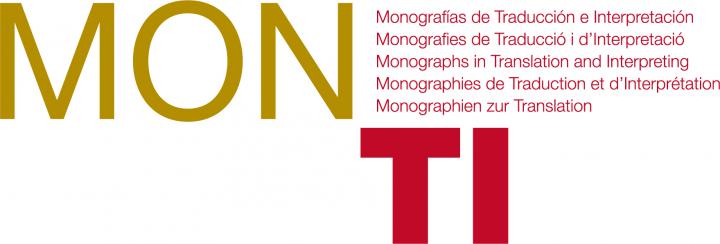
Constructing the ‘Public Intellectual’ in the Premodern World
A two-day conference co-hosted by the Genealogies of Knowledge project, the Division of Classics, Ancient History and Archaeology, and the Centre for Translation and Intercultural Studies, University of Manchester, UK
5th-6th September 2019 | Chancellors Hotel, Manchester
Call for papers Keynote speakers Important dates
Venue Programme Registration Bursaries Contact
PROGRAMME
| THURSDAY 5 SEPTEMBER 2019 | |
| Theme: Constructing the Premodern Public Intellectual via Categories of Knowledge | |
| Time | Event |
| 08.30-09.00 | Registration |
| 09.00-09.15 | Opening and Welcome |
| 09.15-10.30 | First keynote speaker:
Christopher Stray (Swansea University), “The Politics of the Classical: Language and Authority in the Nineteenth Century” |
| 10.30-11.00 | Tea/coffee break |
| 11.00-12.45 | Session 1: Legal and Religious Knowledge |
| Nilza Angmo (Ambedkar University, Delhi), “The Reciter and the Translator: Transmission of religious texts in Tibetan Buddhism” | |
| Youcef Soufi (University of British Columbia), “Some Precursors of the Modern Public Intellectual; Disputation and Critique Among Islamic Jurists in the 10th-13th Centuries” | |
| Zrinko Novosel (University of Zagreb), “Writing on the Topic of Law in the Periphery. The Case of Imbrih Domin and Konstantin Farkaš” | |
| 12.45-14.00 | Lunch |
| 14.00-16.15 | Session 2: Scientific Knowledge |
| Joanna Komorowska (Cardinal Stefan Wyszyński University, Warsaw), “Knowing the Future: the public face of an astrologer” | |
| Taro Mimura (Hiroshima University, Japan), “Arabic Translation Contests in the Abbasid Courts – The Process of Publicizing Greek Scientific Knowledge in the Abbasid Period” | |
| Emily Selove (University of Exeter), “The Sorcerer Scholar: al-Sakkākī (d. 1229) as grammarian and court magician” | |
| Hammood Obaid (University of Manchester), “Ǧābir Bin Ḥayyān and The Earl of Northumberland: Elizabethan conceptions of science, magic and their role in society” | |
| 16.15-16.45 | Tea/coffee break |
| 16.45-18.30 | Session 3: Historical Knowledge |
| John Taylor (University of Manchester), “English historians of ancient Greece from Mitford to Grote” | |
| Dino Piovan (University of Verona), “Reading Thucydides in Early 20th-Century Italy” | |
| Tim Cornell (University of Manchester), “Ancient and Modern Ideas of History and Historical Writing” | |
| FRIDAY 6 SEPTEMBER 2019 | |
| Theme: Premodern Public Intellectuals, Language and Power | |
| Time | Event |
| 09.00-10.15 | Second keynote speaker
Rebecca Gould (University of Birmingham), “Multillinguilism as a stimulus to Islamic literary theory” |
| 10.15-10.45 | Tea/coffee break |
| 10.45-12.30 | Session 4: Professionalization of the ‘intellectual’ |
| Laura Viidebaum (New York University), “Past Perfect: Isocrates and the Emergence of Public Intellectuals” | |
| Matthias Haake (University of Münster), “All over the Ancient Mediterranean world? The social figure of the intellectual in the Greek and Roman worlds from the Archaic period to Late Antiquity – a comparative approach” | |
| Koen Scholten (Utrecht University), “Scholarly Identity in Early Modern Europe: A Quantitative Approach to Early Modern Collective Vitae of Learned Men and Women” | |
| 12.30-13.45 | Lunch |
| 13.45-15.30 | Session 5: Construction of knowledge via privileged learned language |
| Matthew Payne (Leiden University), “Cicero and Aulus Gellius: the public intellectual as translator and mediator in the Roman world” | |
| Chiara Fontana (Sapienza University of Rome – Italian Institute of Oriental Studies), “A Farewell to the Beauty: Political, Aesthetical and Social Aspects of Ibn al-Muʽtazz’s (861 – 908) Legacy as a Pre-modern Public Intellectual. An In-Depth Inquiry in His Neglected Work Fuṣūl at-Tamāthīl fī Tabāshīr as-Surūr (Examples and Similes on the Pleasure of Sharing Joy)” | |
| Seán Morris (University of Exeter), “In Latin and French: a bilingual mathematician writing for two audiences” | |
| 15.30-16.00 | Tea/coffee break |
| 16.00-17.45 | Session 6: Relationship to structures of power |
| Hans Wietzke (University of Massachusetts, Amherst), “Wit to Power: Rethinking the Royal Addressee in Archimedes’ Sand-Reckoner” | |
| Edoardo Crisafulli (Independent researcher), “The construction of Dante as a modern intellectual ahead of his time” | |
| Radha Chakravarty (Ambedkar University, Delhi), “The River of Knowledge: Rabindranath Tagore and Premodern Thinkers” | |


